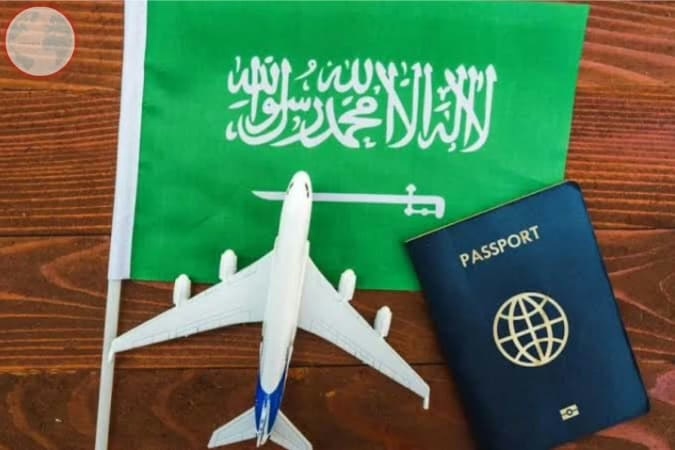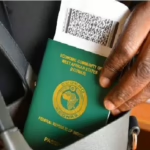In a major policy adjustment, Saudi Arabia has suspended the issuance of blockwork visa quotas for Nigeria and six other African countries as part of efforts to regulate foreign labour during the Hajj season.
The affected African nations include Egypt, Algeria, Sudan, Ethiopia, Tunisia, and Morocco.
The temporary suspension also extends to several non-African countries such as Indonesia, Iraq, Jordan, Yemen, India, Pakistan, and Bangladesh — bringing the total number of affected countries to 14.
Blockwork visas are quota-based permits that allow Saudi employers to recruit a specific number of foreign workers.
These quotas, once granted, enable businesses to request work visas for chosen candidates.
According to Saudi Arabia’s Ministry of Human Resources and Social Development, the suspension applies to both new and pending temporary work visa requests and will remain in effect until June 2025, aligning with the end of the Hajj pilgrimage.
Though the ministry has not provided an official explanation for the move, the decision comes amid ongoing “Saudization” initiatives, which aim to increase the employment of Saudi nationals in various sectors — particularly in tourism — with more stringent quotas expected between 2026 and 2028.
Under the new directive, employers will not be granted blockwork visa quotas for the listed countries during the suspension period.
Even previously approved applications may face processing delays, and individuals with pending work visa requests could experience rejections or indefinite wait times.
Those who hold valid work visas but have yet to enter Saudi Arabia may also encounter entry restrictions.
A 2022 study by the Gulf Labour Markets, Migration and Population Programme revealed that a significant number of African nationals work in Saudi Arabia, particularly in low-wage and domestic roles.
The data showed that 10,657 Nigerians were employed in the Kingdom at the time.
Egyptians made up the largest group, with over 837,000 workers. Sudan followed with 354,988, while Morocco, Ethiopia, Tunisia, and Algeria had 18,023; 16,719; 12,311; and 2,001 workers respectively.
Many African migrant workers in Saudi Arabia have faced serious challenges, including poor working conditions, exploitation, and inadequate legal protections.
The Kafala (sponsorship) system has frequently come under fire for enabling employers to exert excessive control over workers, sometimes resulting in abuse and mistreatment.











Leave a Reply